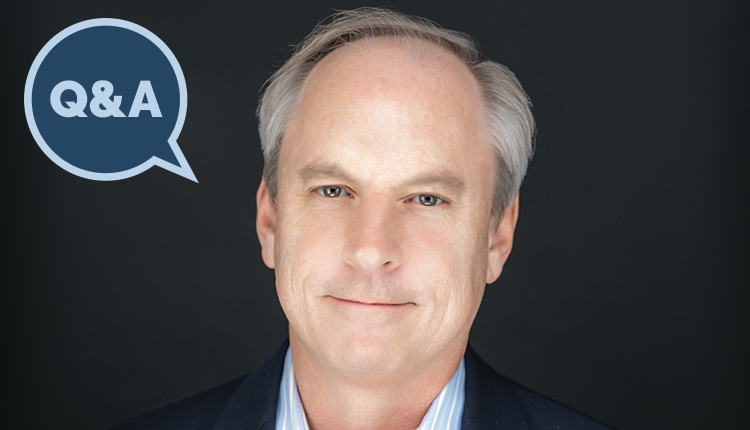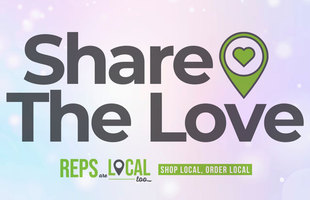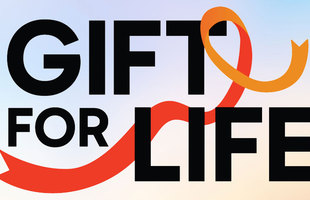
Hiring the right person is a lot like panning for gold. There is a lot to sift through. If you are lucky, you’ll find that vauable nugget that makes the effort worthwhile.
Who is your retail store’s ideal candidate, and how can you turn him or her into your next employee of the month? You want someone who is reliable and a reflection of your store. The ideal employee represents your brand with enthusiasm and has exceptional customer service skills.
Current market conditions may have limited your hiring needs, but soon you’ll need to fill positions. And when you are ready to hire, be prepared for a flood of applicants eager to get back to work.
Bob Phibbs, The Retail Doctor, is a nationally recognized expert on business strategy, customer service, sales and marketing. Seaside Retailer asked him to share his insights on hiring the best employees in today’s market in the following Q and A.
Q: What is the biggest misconception store owners make when looking for a good hire?
I think it comes down to the idea that a quality candidate has worked for somebody else. Just because they worked for somebody else doesn’t mean they had the right attitude.
It doesn’t mean that they knew the products better. A quality candidate is someone who is trainable, someone who listens and someone who is interested in others. They are able to engage a stranger.
Q: What is the best hiring approach to take in the current job market?
A store owner needs to determine what an ideal candidate is like instead of, “How available are you, and can you start work tonight?”
We are going to come out of this recession with people needing a job, and retailers are going to be in the driver’s seat. This is your opportunity to upgrade your sales team.
Q: Where should people be advertising that they are hiring?
I recommend social media posts so people who are your customers can see it in case they are interested.
Colleges have career centers, and they’ll post jobs for you. You can also post a job with an employment website like Monster or Indeed and get thousands of inquiries, or you can be more strategic.
Really what you want is people who could work that probably live within five ZIP codes around your store. That’s one reason Facebook is so great because it will only show the ad to the ZIP codes you decide to show it to.
Q: What is the best way to accept applications?
One of the dangers we go through in this day and age is we don’t see people. We just go by what is on paper. I’m a big believer in having someone come into the store.

Q: What kind of questions should you be asking applicants?
The four most basic questions should be:
- Why do you want to work here?
- What experience do you have that would be good for my business?
- What is your availability? and
- Is there any reason why you wouldn’t be able to work these hours on a regular basis? Those four questions can give you an awful lot of information.
Stay away from hypotheticals. I don’t care about what the candidate might do. What I care about is them showing me a time they’ve done something, and I am looking for both good and bad.
If you ask them what their greatest fault is, and they say, “Oh I work too much,” have them give you an example of how that played out in their last job. Always go back to what they exhibited before and not what they think.
I look at an interview and me hiring you as the first step. The odds of a great hire are about 50/50 until I find out if you are trainable and if you like working in my store.
You aren’t done when you get the interview. It’s done when they’ve been in your store for 30 days and you can say to yourself, “This is a great hire.”
Q: Are there any differences in the process for a seasonal hire?
I think there is a danger in saying they’re just a seasonal hire. Does that mean they’re only going to half hurt my business? The reality is whoever you put onto your store sales floor is either going to help or hurt business. And if your employee is just going to be some person who is not trained and not interested then don’t be upset that you aren’t going to make money.
I’ve been to some great seaside resorts and amazing gift stores, but I’ve also been to some that are just the opposite. It’s as though they filled up their stores with a bunch of merchandise never thinking on how to sell it or how to engage people. In our new reality that’s going to be a harder place to play. You have to create an exceptional experience.
Q: What expectations should I have for different age brackets?
High school-aged employees can be challenging because they typically have a lot going on. Frankly, they shouldn’t have to choose between play practice or coming to work. Do you really want to be calling them to task for being kids?
A working mother with school-aged children can often help fill earlier shifts. Sometimes, however, they can only work until the middle of the afternoon. It can be hard to fill a shift that starts at 2 p.m. I always tell my clients to give moms a minimum of 25 hours a week so they have enough to live on.
College and trade school students typically make good employees because they are motivated, responsible and need the money.
Q: What tips do you have for preventing turnover?
You have to remember that people quit managers, they don’t quit brands. If you don’t want to have a high turnover, you have to have a great onboarding program.
You explain it in the interview process: “This is our training program. Here’s how we’re going to train you, here’s how we’re going to explain things. Here’s how you get a raise, here’s how you get fired. Here’s how you get promoted.” All of that is upfront.
You as the owner should be the one explaining your onboarding program one on one. It shouldn’t be just whomever you can have talk to them be the one who talks to them that day. The care and guidance that you give on those first few days and weeks is what determines whether someone is going to stay with you for months or even years.

Always go through and hire more people than you think you should. You can always cut someone out.
One of my retailer clients will tell her employees, “Don’t make me make you a seasonal worker.” If they are going to do the job then they have to add value.
Make sure you are setting guidelines for what success looks like in your store, not just settling for someone who will show up and be a warm body who’s looking at their smartphone all day.
You really want people who can see the fun in it, bring something to the table and make you feel like you’ve made a great decision.
Bob Phibbs, aka The Retail Doctor, is an internationally recognized business strategist, customer service expert, sales coach, marketing mentor, author of three books and motivational business speaker. For more than 30 years, he has been helping hundreds of small and medium-sized businesses. His consulting firm is based in New York City.


